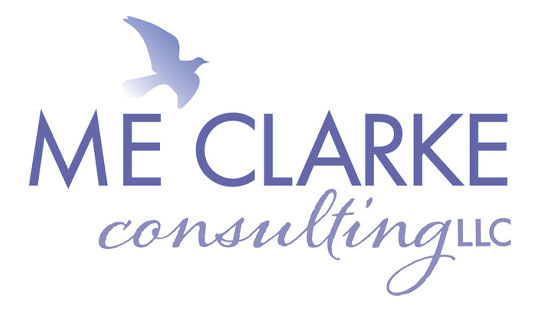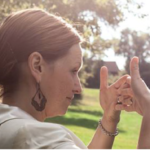How to be an Ally: Simple Ways to get Started
We have hosted several dialogues on the topic of belonging, equity and inclusion in the workplace over recent months. During these sessions, we are often asked about ways to become a better Ally, especially for those who are not managers or responsible for hiring or promotional decisions.
We define being an Ally as someone who will “stand in the way” of discrimination and oppression when it is aimed at a target person or group. It is someone who willingly speaks up, asks questions, holds space for, attributes thoughts and ideas, and consciously uplifts individuals or groups who may not have a voice for one reason or another (often this reason is rooted in systemic ‘isms’ or oppression).
The following is by no means an exhaustive list of the ways to be an Ally, but if you find yourself overwhelmed or unsure of what to do, here are a few simple ways to get started.
- Come from a place of authenticity and curiosity. As with most things in life, it’s of the utmost importance to come from a place of authenticity and a commitment to getting uncomfortable and curious about your own privilege, biases, stereotypes, prejudices, or behaviors that may inadvertently harm others.
- Identify your own privilege. Recognize the privilege, power and access you have simply for being you. Privilege is defined as the unearned access to what one needs to live a happy, healthy, and thriving existence. This could be your race, class, ability, sex, gender, sexual orientation, religion, and more. It could be that you grew up in a loving family, where you had access to books and the outdoors and a school system that welcomed you with open arms. What doors and opportunity are open to you simply by virtue of who you are, where you were born? Acknowledging our privilege can be uncomfortable, but it is also liberating.
- Learn about micro-aggressions. One of my favorite quotes is by Eckhart Tolle: “Awareness is the greatest agent of change.” Take note of what you may be doing, and work to change your behavior. Check out this post for more information and examples of microaggressions. Often we perpetuate microaggressions out of good intentions without realizing the harm they cause. While they seem small, the everyday slights and insults can compound over time and perpetuate a sense of “otherness.” Like death by a thousand paper clips.
- Amplify the ideas and voices around you. Notice if your colleagues from marginalized or underrepresented populations are quiet in meetings…invite their opinions and ideas. Amplify the great ideas they have and give them credit. As a woman I’ve experienced having my ideas only taken seriously when they were repeated by a man. It is infuriating and disempowering. Do not let this happen to those around you.
- Speak up. If you hear an offensive or inappropriate comment, interaction, joke, slur – say something, even when someone from the target group is not there. Silence allows discrimination and oppression to continue to permeate our society. Protect the absent and follow the moral compass of your own gut: don’t wait for someone to be offended or allow the silence of others to determine if and when you speak up. Take a stand against allowing what seem like innocuous jokes to perpetuate prejudice.
- Rid your language of terms rooted in racism and oppression. I’ve unknowingly used more than a few words and phrases that have racist origins. One of those was ‘uppity.’ Once I learned of its origins I dropped it from my vocabulary. Check out this article that lists several common examples along with phrases to use instead.
- Acknowledge that systems of oppression are deeply rooted, intertwined, and complex. I have seen people walk away and think they can’t possibly be an Ally because of how gnarly and complex the systems of oppression are. They are huge and complex and interrelated. And there are small and simple ways to change your behavior that could make a huge difference in the lives of those around you. Every action to stand up against discrimination has ripples. Make a commitment to starting somewhere, however small.
- Know you may not get it right. You will probably fail along the way. I have. I have stayed silent when I should have spoken up. I have spoken up when I should have been listening. I have stuck my foot in my mouth on many occasions. When mistakes tempt me to shrink back into the comfort of my privilege, I think about this quote from Brené Brown: “I’m here to get it right, not be right.” This quote brings me back. I set aside my ego, sense of self-importance or whatever discomfort came up for me, and I try again.
A quote attributed to Confucius says, “To put the world in right order we must first put the nation in order; to put the nation in order we must first put the family in order; to put the family in order, we must first cultivate our personal life; we must first set our hearts right.”
All change we desire – whether we want to change the world or our own family or team – begins from within. Start with your own heart and grow your desire to improve things around you by first becoming conscious of your own stereotypes and prejudice then examining the ways that these perpetuate discrimination and feed into the systems of oppression. One step at a time, one conversation at a time, we can become stronger allies.





Leave a Reply
Want to join the discussion?Feel free to contribute!